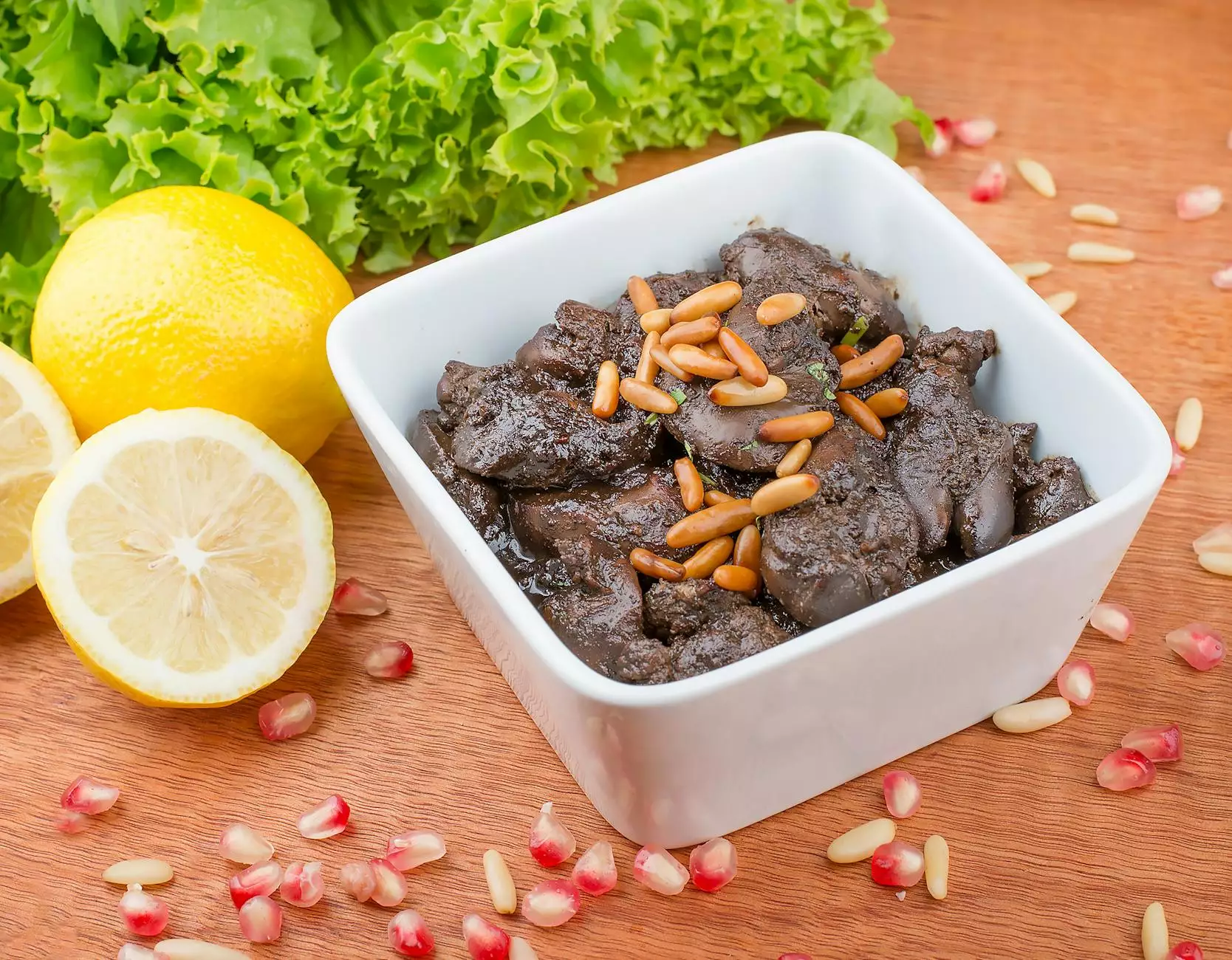Understanding the Role of Halal Chicken Manufacturers in Modern Poultry

The poultry industry has seen significant growth over the years, with Halal chicken manufacturers emerging as a vital segment within this market. This article delves into the intricacies of Halal chicken production and its relevance to both global supply chains and local economies, particularly focusing on Brazilian poultry exporters and the demand for chicken in bulk.
What is Halal Chicken?
Halal chicken refers to poultry that has been slaughtered according to Islamic law, ensuring that the meat is permissible for consumption by Muslims. The term Halal itself means "permissible" in Arabic, and adhering to these laws involves specific practices during the slaughtering process. The requirements include:
- Slaughtering by a Muslim who is of sound mind and has reached adulthood.
- Using a sharp instrument to ensure a swift and humane death.
- Reciting the name of Allah before the slaughter.
- Ensuring that all blood is drained from the carcass.
This meticulous approach not only aims to provide meat that meets Islamic dietary laws but also focuses on animal welfare and hygiene, enhancing the overall quality of the meat.
The Importance of Halal Certification
Halal certification is crucial for manufacturers and exporters aiming to enter Muslim markets. It serves to reassure consumers that the products meet the necessary religious standards. Various organizations offer certification services, which involve comprehensive inspections of the production and slaughter processes.
Multiple benefits arise from obtaining Halal certification, including:
- Market Expansion: Manufacturers gain access to a growing segment of consumers who prefer Halal products.
- Improved Quality Control: The certification process often leads to better hygiene and production practices.
- Increased Trust: Certification boosts consumer confidence in product integrity and safety.
Brazilian Poultry Exporters: A Leader in Halal Chicken
Brazil is one of the world's largest producers and exporters of chicken, recognized for its high-quality poultry and compliance with international standards. The country's poultry industry has embraced Halal certification, allowing Brazilian poultry exporters to tap into Muslim markets across the globe.
Some key advantages of Brazilian poultry in the Halal market include:
- Abundant Resources: Brazil’s favorable climate and vast agricultural land contribute to a robust poultry farming sector.
- High Standards: Brazilian producers adhere to rigorous health and safety standards, ensuring high-quality, healthy chicken.
- Efficient Supply Chain: The country has established efficient logistics and transport systems, facilitating timely exports.
Bulk Supply of Halal Chicken
The demand for chicken in bulk has surged due to various factors, including population growth, urbanization, and rising consumer incomes. Sellers and distributors often seek bulk suppliers to meet the needs of restaurants, supermarkets, and food processing companies. This demand creates significant opportunities for Halal chicken manufacturers.
Benefits of Bulk Purchasing
Purchasing bulk chicken offers several key advantages:
- Cost Efficiency: Bulk buying often results in lower prices per unit, which is beneficial for businesses looking to manage costs.
- Consistent Supply: Suppliers can ensure a steady flow of products, which is vital for maintaining inventory.
- Reduced Waste: Larger orders can minimize logistical costs and waste associated with smaller shipments.
Quality Control in Halal Chicken Manufacturing
Quality control is paramount in Halal chicken production. Manufacturers must adhere to stringent guidelines which include:
- Traceability: Every aspect of production, from farm to table, must be documented to verify Halal compliance.
- Regular Audits: Frequent inspections by Halal certification bodies ensure that standards are continually met.
- Hygiene Practices: Strict sanitation measures must be in place throughout the entire production process.
Halal Chicken and Global Trends
Consumers are becoming increasingly aware of how their food is produced. The rise in demand for ethical and responsibly sourced products correlates with the growth of the Halal market. This trend is driven by several factors:
- Health Consciousness: Many consumers view Halal chicken as a healthier option due to the humane conditions under which the animals are slaughtered.
- Ethical Consumerism: The transparency and rigor of Halal practices appeal to a broad range of consumers seeking ethical sourcing.
- Cultural Diversity: As populations become more diverse, the demand for Halal products grows within non-Muslim communities as well.
The Role of Technology in Halal Chicken Production
Innovation and technology play an increasingly vital role in the poultry sector, including Halal chicken manufacturing. Automation, biotechnology, and data analytics are transforming production practices:
- Automation: Automated systems enhance precision in slaughtering and processing, ensuring compliance with Halal regulations.
- Biotechnology: Genetic advancements lead to healthier, disease-resistant poultry breeds, improving overall production efficiency.
- Data Analytics: Real-time monitoring of production metrics helps manufacturers optimize supply chains and quality control.
Challenges Faced by Halal Chicken Manufacturers
Despite the growth potential, Halal chicken manufacturers face several challenges:
- Regulatory Complexity: Variations in Halal certification standards across different countries can complicate export processes.
- Skepticism in the Market: Some consumers are skeptical about whether products are genuinely Halal, requiring manufacturers to ensure transparency.
- Competition: The increasing number of players in the Halal market intensifies competition, putting pressure on pricing and margins.
Conclusion: The Future of Halal Chicken Manufacturing
As global trends continue to shift towards ethical consumption and health consciousness, the future of Halal chicken manufacturers looks promising. By leveraging advanced technologies, maintaining rigorous quality controls, and adhering to certification requirements, manufacturers can significantly enhance their market positioning.
In summary, the integration of traditional practices with modern standards and technologies positions Halal chicken as a leader in the poultry industry.
To stay ahead in this competitive landscape, businesses like frozenchickengroup.com must continue evolving, focusing on transparency, quality, and customer satisfaction. This commitment will ensure they meet the diverse needs of consumers, from bulk chicken orders to high-quality Halal certified products.









